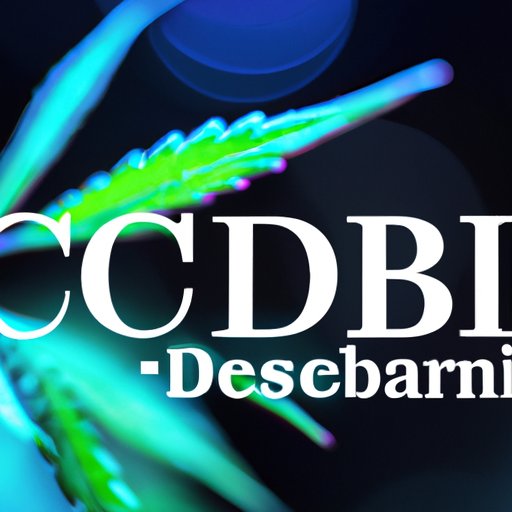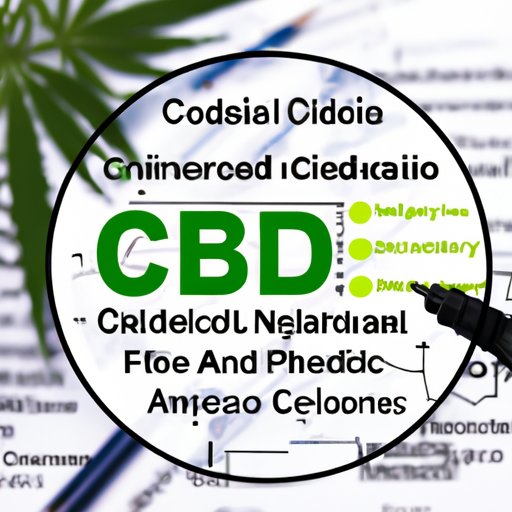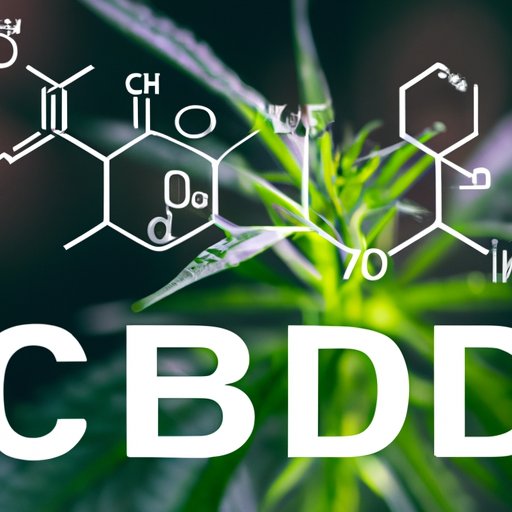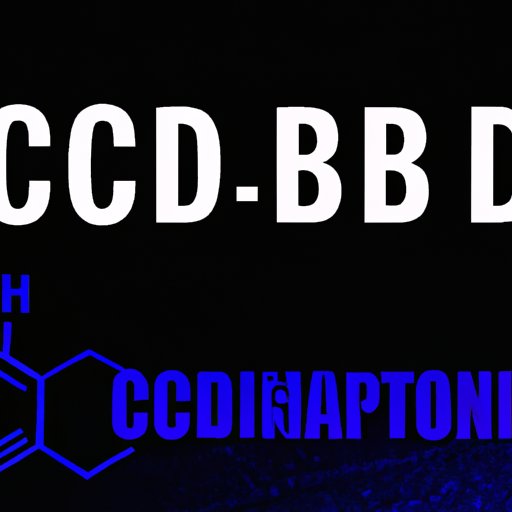Is CBD Considered a Controlled Substance? Understanding the Legal Status of CBD
With the recent surge in popularity of CBD products, many people have become curious about its legal status. While hemp-derived CBD products have gained legal recognition in most states, confusion still persists surrounding their classification as a controlled substance. This article aims to shed light on this issue and provide an overview of the legal landscape of CBD in the United States.

CBD: The Legal Status as a Controlled Substance Explained
A controlled substance is a drug or chemical substance that is regulated by the government due to its potential for abuse or addiction. The Controlled Substances Act (CSA), passed in 1970, classifies drugs into five “schedules” based on their medical value, potential for abuse, and safety profile.
CBD, short for cannabidiol, is a non-psychoactive compound found in the cannabis plant. While CBD is not listed as a controlled substance on its own, the classification of cannabis as a Schedule I drug under the CSA has raised questions about the legal status of CBD. Until recently, the DEA considered all CBD products derived from cannabis as illegal.
However, the passage of the 2018 Farm Bill changed the legal landscape of CBD by legalizing the cultivation of hemp, a variety of cannabis with low levels of THC, the psychoactive compound that produces a “high.” The Farm Bill removed hemp-derived CBD from the CSA’s definition of marijuana, effectively legalizing it for commercial use at the federal level.
CBD vs. THC: Understanding the Legal Differences
CBD and THC are two of the most commonly discussed compounds found in the cannabis plant. While both interact with the body’s endocannabinoid system, they have different effects due to their molecular structures.
Unlike CBD, THC is a Schedule I drug under the CSA and is considered to have a high potential for abuse and no currently accepted medical use. The criminalization of THC has been a significant barrier to cannabis research, with only recently some states legalizing its medical and recreational use.
While hemp-derived CBD is legal under the CSA, CBD products derived from marijuana with more than 0.3% THC content are considered illegal at the federal level. States have varying regulations around THC levels, and consumers are advised to check their local laws before purchasing CBD products.
Is CBD Federally Illegal? Breaking Down the Legal Confusion
Despite the passage of the 2018 Farm Bill, confusion and uncertainty still persist around the legality of CBD due to conflicting statements from various federal agencies.
The DEA has removed FDA-approved CBD drugs from Schedule I classification, but the agency still considers all other CBD products derived from cannabis illegal. However, the DEA has not actively pursued legal action against CBD companies unless they promote unsubstantiated medical claims or engage in interstate commerce of hemp-derived CBD products with THC levels over 0.3%, which is illegal under federal law.
While CBD derived from hemp is legal per federal law, states have their own laws and regulations surrounding CBD. Some states have more relaxed regulations that permit the use of CBD in food and dietary products, while others place restrictions on CBD usage altogether.

Analyzing the Latest Regulatory Guidance on CBD as a Controlled Substance
The FDA has taken a more active role in setting regulatory guidance around CBD products. The agency has issued warning letters to companies for making unsubstantiated medical claims about their CBD products and has reiterated the illegality of marketing CBD as a dietary supplement or adding it to food.
Additionally, in August 2020, the DEA announced an interim final rule to refine the definition of hemp and THC content. The rule clarified that cannabis containing 0.3% or less THC by dry weight is no longer a controlled substance under federal law and clarified that products derived from hemp, such as CBD, are legal to possess and sell.

The Future of CBD: Predictions on its Legalization and Impact on Society
The future of CBD is uncertain, with some predicting that the industry will continue to grow as legalization expands. There is increasing public support for CBD, with consumers seeking natural remedies for ailments such as anxiety, pain, and inflammation.
The regulatory environment around CBD is likely to evolve as well. The FDA is currently working to develop a regulatory framework for CBD products, which will provide clarity around their legal status and safety standards.
As legalization expands and CBD becomes more widely available, its impact on society is likely to be significant. CBD may provide a natural alternative to traditional pharmaceuticals and may help to alleviate the opioid epidemic in the United States.
Conclusion
In conclusion, while the legal status of CBD is complex and evolving, consumers can take steps to protect themselves by researching their local laws and purchasing CBD products from reputable companies that provide third-party lab reports to verify the purity and potency of their ingredients.
It is essential to understand the legal frameworks around CBD to maximize its benefits and avoid any legal troubles that may arise. As the regulatory environment around CBD continues to evolve, it is likely that more clarity and standardization will emerge, making it easier for consumers to make informed choices about their CBD usage.
